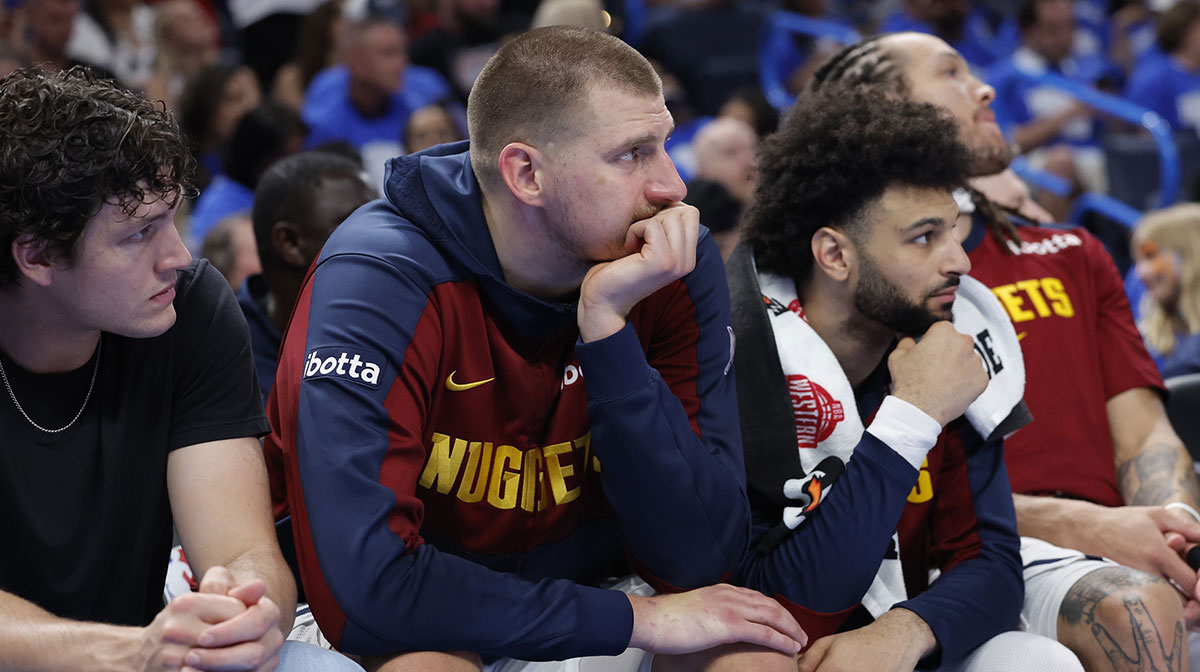Table of Contents
Is Donald Trump about to launch a political investigation into…celebrity endorsements? The former president’s recent Truth Social outburst suggests he’s not letting go of the 2024 election anytime soon, particularly when it comes to the star-studded support enjoyed by Kamala Harris.
Trump’s ire seems to stem from the perception that Harris “bought” celebrity endorsements, specifically calling out Bruce Springsteen. He alleges that payments disguised as “entertainment” expenses were used to secure support,a claim vehemently denied by the Harris camp.
The Springsteen Scuffle: More Than Just Music?
The feud with “The Boss” isn’t new. Trump previously labeled Springsteen an “assard” after the rocker criticized his administration as “corrupt” during a UK concert.This personal animosity adds fuel to the fire, suggesting a deeper motive than mere political disagreement.
speedy Fact: Bruce Springsteen has been a vocal critic of Donald Trump for years, using his platform to advocate for progressive causes.
Celebrity endorsements have long been a staple of American politics. From Frank Sinatra singing for JFK to Oprah Winfrey backing Barack Obama, star power can sway public opinion and boost fundraising efforts. but is there a line between genuine support and paid promotion?
The Obama affect: Oprah’s Endorsement as a Case Study
Oprah Winfrey’s endorsement of Barack Obama in 2008 is often cited as a pivotal moment in his campaign. Her influence, particularly among women and African American voters, was undeniable. Though, unlike Trump’s allegations against Harris, Oprah’s support was widely perceived as genuine and driven by her belief in Obama’s vision.
Expert Tip: Political campaigns often leverage celebrity endorsements to reach specific demographics and amplify their message. The key is authenticity; voters can often spot a disingenuous endorsement.
The legality of paying for endorsements is a complex issue. While direct payments for votes are illegal, compensating celebrities for appearances, performances, or promotional activities is generally permissible, provided it’s properly disclosed. The crux of Trump’s argument hinges on whether thes payments were disguised attempts to influence voters.
Campaign Finance Laws: A Gray Area?
Campaign finance laws in the United States are notoriously intricate. While there are strict regulations on direct contributions, the rules surrounding “soft money” and autonomous expenditures are often more ambiguous. Trump’s investigation would likely focus on whether Harris’s campaign violated any of these regulations.
Did you know? The Federal Election Commission (FEC) is responsible for enforcing campaign finance laws in the United States.
The potential outcomes of Trump’s proposed investigation are varied. It could uncover evidence of improper payments, leading to fines or other penalties for the Harris campaign. Alternatively, it could be a politically motivated fishing expedition that ultimately yields no significant findings.
The Streisand Effect: could the Investigation Backfire?
There’s also the risk of the “Streisand effect,” where an attempt to suppress information inadvertently draws more attention to it. By launching an investigation, Trump could amplify the very celebrity endorsements he seeks to discredit, further solidifying Harris’s image as a popular and influential figure.
Call to Action: What do you think? Will Trump’s investigation uncover wrongdoing,or is it simply a case of sour grapes? Share your thoughts in the comments below!
Pros:
cons:
Irrespective of the outcome of Trump’s investigation, the episode raises critically important questions about the role of celebrity influence in American politics. As social media continues to blur the lines between entertainment and political activism, the power of celebrity endorsements is likely to grow, making it crucial to ensure transparency and accountability.
The Rise of Influencer Politics: A New Frontier?
The traditional celebrity endorsement is evolving into “influencer politics,” where individuals with large social media followings wield significant sway over public opinion.This trend presents both opportunities and challenges for political campaigns, requiring them to navigate a complex landscape of authenticity, disclosure, and ethical considerations.













